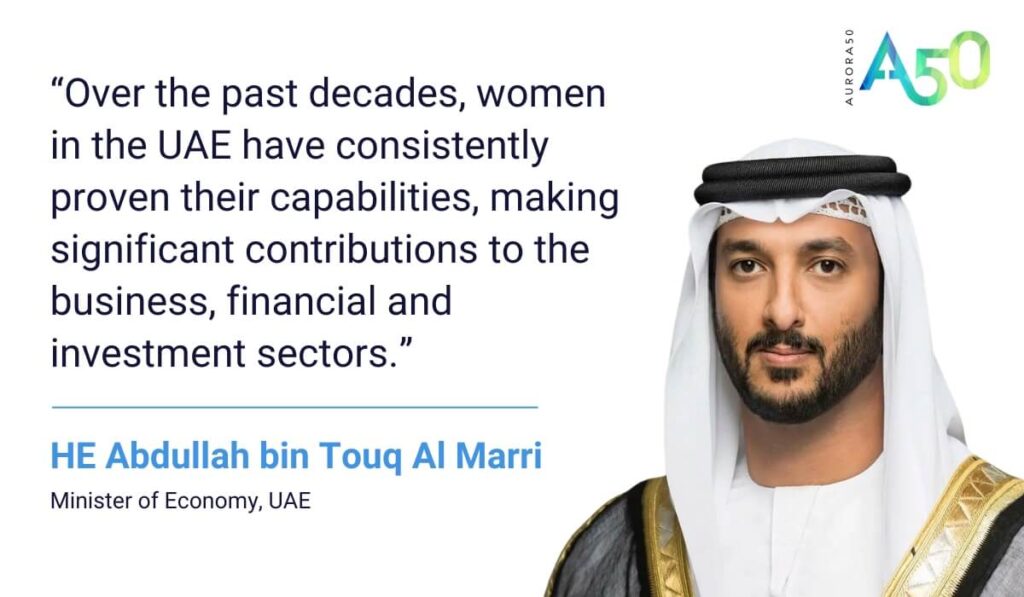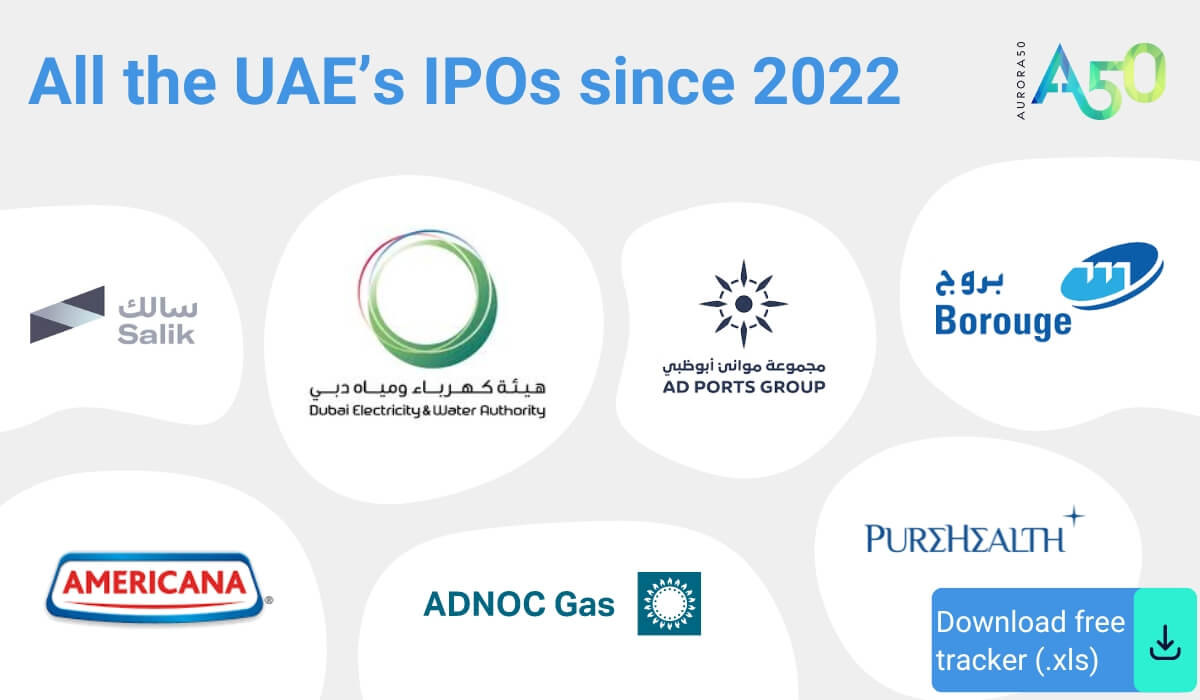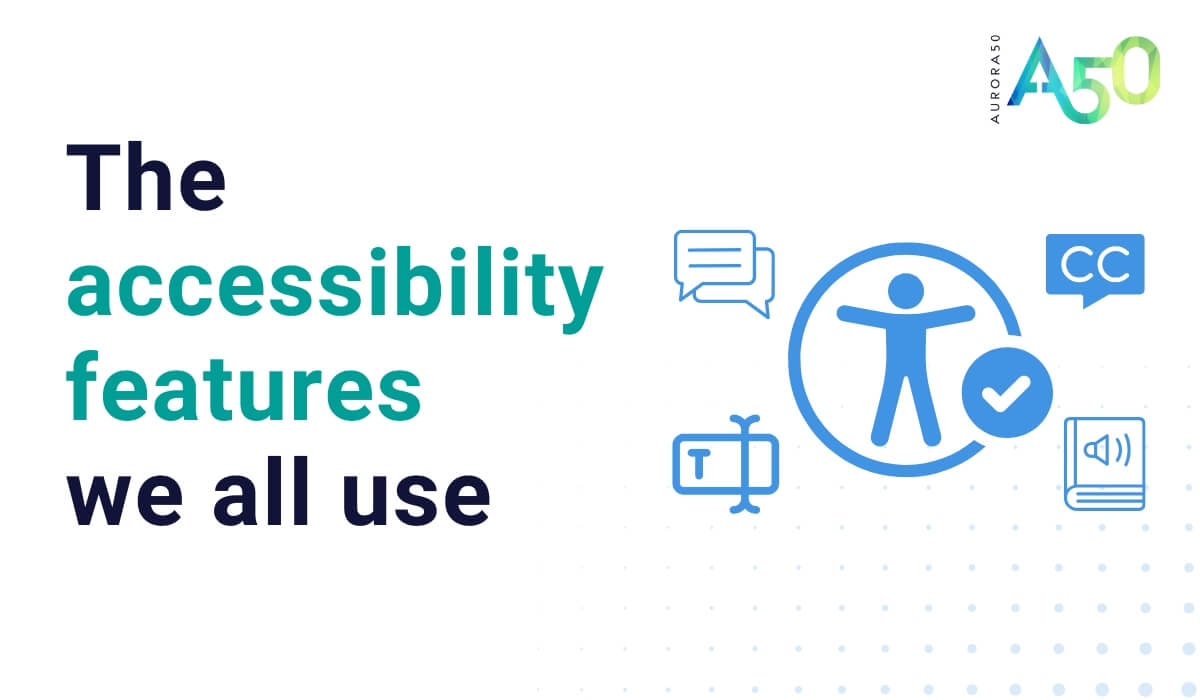





From January 2025, a new quota will kick in mandating privately owned companies in the UAE to put women on their boards.
Private joint-stock companies in the UAE must put at least one woman on their board after the completion of the current board’s term.
The ministerial decision was made on 31 July 2024 by the Ministry of Economy (Ministerial Resolution No.137 of 2024).
The PrJSC is a corporate form often used by privately held businesses in the UAE.
The decision applies generally to PrJSCs in the UAE. However PrJSCs operating in the financial services sector that are regulated by the Central Bank of the UAE, branches and representative offices of foreign companies, and free zone companies are exempt from the governance rules set out in the decision.
The same mandated quota was set for public joint stock companies in 2021 by the UAE Securities and Commodities Authority (SCA).
The decision aims to strengthen the role of women in the leadership of the private sector.
The GCC Board Gender Index Report 2024 – released by Aurora50 and Heriot-Watt University – shows that the previous quota was successful.
Women hold 10.8 percent of listed board seats in the UAE (133 of 1,231 seats across 168 companies) today. In 2022, our data showed that women held 8.9 percent of listed board seats in 2022, up from 3.5 percent in 2020.
HE Abdullah bin Touq Al Marri, Minister of Economy, said: “Over the past decades, women in the UAE have consistently proven their capabilities, making significant contributions to the business, financial, and investment sectors.
“Today, they are indispensable partners in economic growth and vital to the UAE’s global competitiveness.
“This decision will bring added value to private joint stock companies, enhancing their institutional performance by drawing on the insights and experiences of successful businesswomen in the country.”

HE Mona Al Marri, Vice President of the UAE Gender Balance Council, called it “a transformative step” that would contribute to the UAE’s “comprehensive economic growth”.
She added that it “demonstrates the country’s unwavering commitment to empowering women”.
Aurora50 co-founder HH Sheikha Shamma bint Sultan bin Khalifa Al Nahyan says that progress in gender diversity starts at the top” – with the board.
She adds: “By championing equality and ensuring balanced representation on boards, we can create a culture of diversity that is essential in combatting groupthink and driving competitiveness.”
The decision is aligned with the UAE’s efforts to raise its global competitiveness rankings and empower women to play a vital role in the country’s sustainable development.
The UAE this year advanced to seventh place globally in the Gender Inequality Index 2024 – issued by the United Nations Development Programme (UNDP). It has risen significantly from 49th place in 2015 and 11th place in 2022.
The share of women in the UAE workforce rose to 34.6 percent in 2024, up from 32.5 percent in 2023, according to Emirates Businesswomen Council.
Women comprise 22 percent of managers in the UAE and 13 percent of C-suite roles, according to LinkedIn data.
Equal remuneration for work of equal value is demanded by law in the UAE, while the Labour Code prohibits any discrimination, including by gender.
The UAE is also no.74 globally in the World Economic Forum’s Global Gender Pay Gap 2024, making it the most equal company for pay in the MENA region.
UAE companies are legally set up in one of the following five company formations:
In a public joint stock company, the public can buy and sell shares in the company on a stock exchange such as the Abu Dhabi Securities Exchange (ADX) or Dubai Financial Market (DFM).
Shares in a private joint stock company are typically held by a smaller group of investors and are not publicly traded. A PrJSC can be converted into a PJSC, no less than two years after its formation.
A handful of PrJSCs, however, were listed in ADX and DFM in 2023, including:
Internationally, some privately held companies include Mars, Fidelity Investments and Bloomberg.
Aurora50 is a Middle East-based DEI impact agency that helps corporations with their diversity and inclusion needs, including boards. Our first initiative, Pathway, was a board accelerator, while NOORA is a network for corporate women. Clients include Accenture, ADNOC, EGA, The Emirates Group, ENOC and TAQA.

Some of Pathway’s ADNOC participants speak about what the board accelerator has done for them personally and for their careers.

IPOs mean more women for boards: here are some of the biggest in the UAE this year, from AD Ports Group to Borouge to DEWA.

Did you know 60% of people without disabilities use an accessibility feature designed for people of determination?

